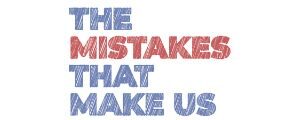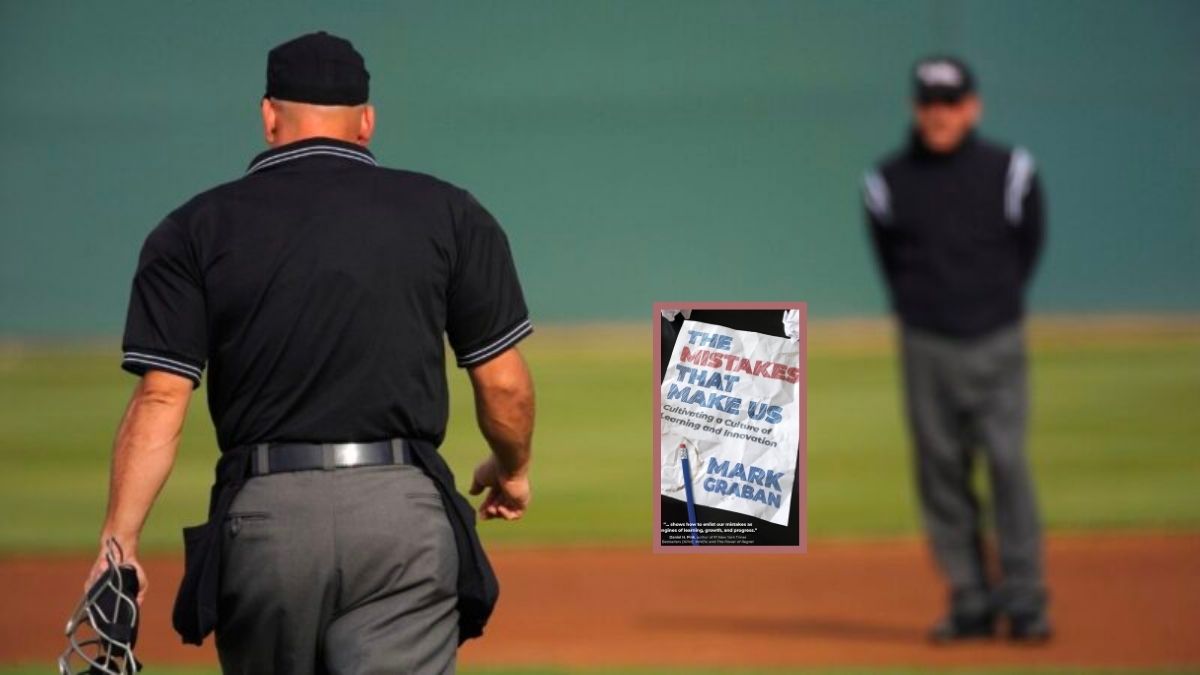Perfection in Major League Baseball is extremely rare. The 24th-ever perfect game was thrown recently by Domingo Germán, of the New York Yankees, on June 29th
And there would have been a 25th perfect game if not for an umpiring mistake (something I wrote about but didn’t include in my new book, The Mistakes That Make Us: Cultivating a Culture of Learning and Innovation.
“Perfect” means the pitcher retired all 27 batters without one reaching base for any reason. Failure, such as allowing a runner to reach base, is so common as to be expected. On average, pitchers during the 2022 season allowed more than 1.2 baserunners per inning. Achieving zero baserunners for nine consecutive innings is very hard to do.
You’d likely expect baseball umpires (or officials in any sport) to make mistakes, even if we might hope for them to be perfect — or at least not make any mistakes that hurt your team. Even at the highest levels, they’re far from perfect. Home plate umpires only get ball-or-strike decisions correct on 93.5% of pitches thrown. That’s one reason why minor league baseball is testing robotic umpiring systems to call balls and strikes — and this is likely coming soon to the big leagues.
In 2010, Andres Gallaraga of the Detroit Tigers was on the cusp of a perfect game, having retired the first 26 batters. He would have been one of 24 perfect tames if not for the umpiring mistake made by Jim Joyce. Joyce made a mistake by calling the 27th batter of the game “safe” at first base when he was actually out.
What a crushing mistake.
It’s said that pitchers who throw a perfect game have “baseball immortality.” Gallaraga (and Joyce) will be forever remembered because of that mistake.
Joyce, to his credit, admitted the mistake (which was apparent to all when watching the replay), and he apologized for it. Unfortunately, there was no opportunity to correct the mistake, as the MLB instant replay system could only be used to review home run calls in 2010.
“I missed it.”
Umpire Jim Joyce
The high-profile mistake spurred changes to the replay system, allowing incorrect safe / out calls at a base to be reviewed, starting in 2014. It took a few years, but MLB learned from the mistake. They created a system in which umpires were more likely to succeed (or at least not be immortalized for an irreversible mistake). If the umpire gets it wrong, the replay system most likely gets it right.



